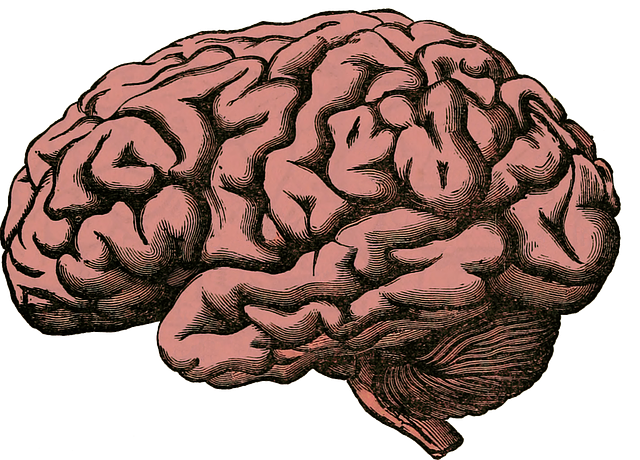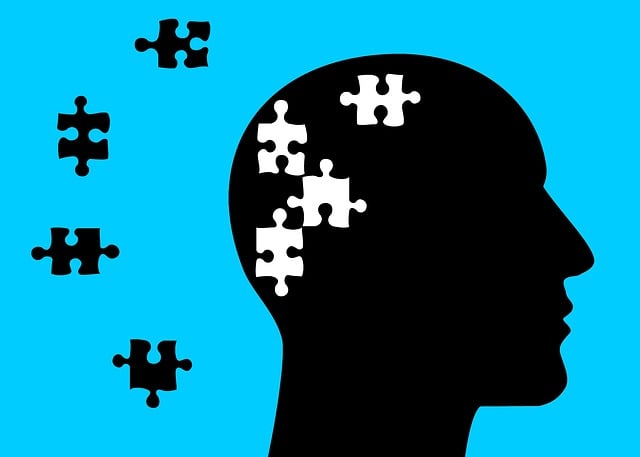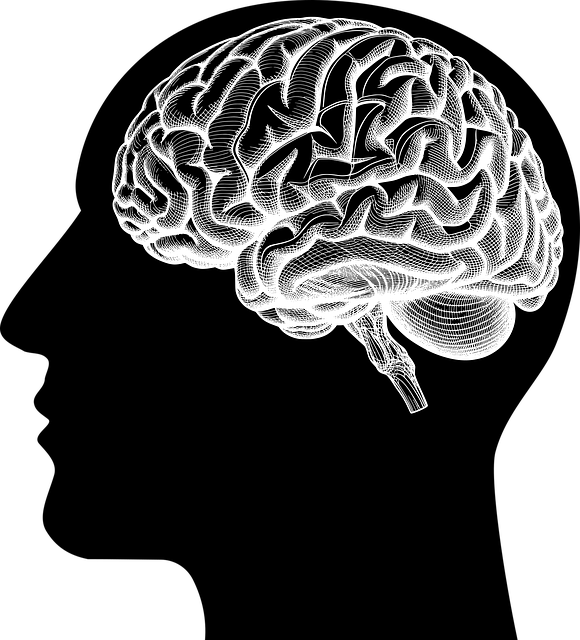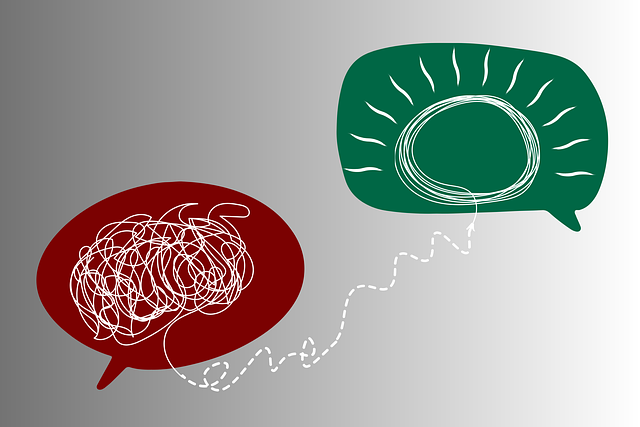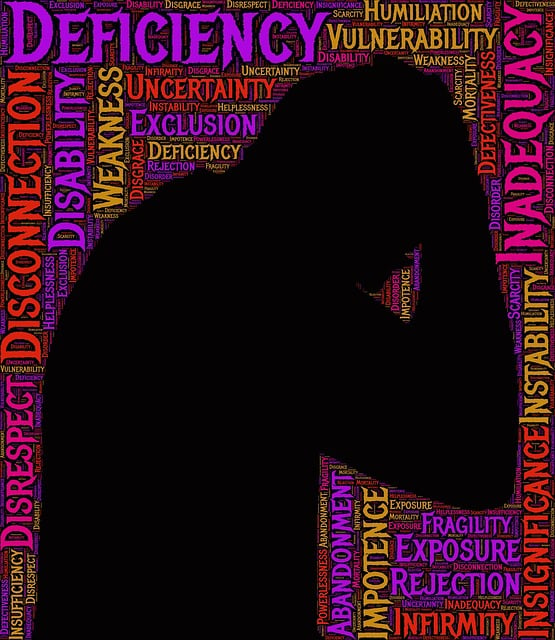Mental wellness, encompassing emotional, psychological, and social health, is a dynamic aspect of overall well-being. Recognizing its fluctuations is vital for developing effective coping strategies and seeking support. Denver Relationship Issues Therapy (DRIT) addresses mental wellness through emotional regulation coaching and trauma support, aiding individuals in healing past traumas affecting their current mental state. Journaling, a powerful tool within DRIT, offers a safe space for self-reflection through writing, helping individuals gain insights, identify patterns, and work through emotions like anxiety or depression. Creating a dedicated journaling space fosters self-awareness and emotional healing. Regular journaling tracks moods, sets goals, and reflects on experiences, promoting resilience and positive mental health. DRIT leverages journaling for depression prevention, stress management, and self-esteem improvement, enabling individuals to break free from negative thought cycles and achieve improved mental wellness.
Unwind your mind and embark on a journey of self-discovery with mental wellness journaling. This powerful exercise, backed by research from Denver Relationship Issues Therapy, offers a sanctuary for reflection and healing. Learn how creating a dedicated journaling space can transform your daily routine. Discover techniques to unlock your thoughts, process emotions, and foster personal growth. From understanding mental wellness’s impact on daily life to effective journaling practices, this guide equips you with tools to enhance your mental landscape.
- Understanding Mental Wellness and its Impact on Daily Life
- The Power of Journaling: A Tool for Self-Reflection and Healing
- Setting Up Your Journaling Space: Creating a Safe Haven
- Techniques for Effective Mental Wellness Journaling
- Denver Relationship Issues Therapy: Incorporating Journaling for Personal Growth
Understanding Mental Wellness and its Impact on Daily Life

Mental wellness is a vital aspect of our overall well-being, influencing how we navigate life’s challenges and opportunities. It encompasses our emotional, psychological, and social health, shaping our thoughts, feelings, and behaviors on a daily basis. Understanding mental wellness involves recognizing that it fluctuates; some days might be filled with clarity and contentment, while others may bring anxiety or sadness. This dynamic nature underscores the importance of developing effective coping mechanisms and seeking support when needed.
In the context of Denver Relationship Issues Therapy, for instance, addressing mental wellness is key to fostering healthier connections. Emotional regulation, a crucial component of mental wellness coaching programs development, enables individuals to manage their responses to stressful situations, thereby enhancing their relationships. Moreover, trauma support services play a significant role in healing and growth, allowing individuals to process and overcome past traumas that may negatively impact their present-day mental wellness.
The Power of Journaling: A Tool for Self-Reflection and Healing

Journaling is a powerful tool that can revolutionize your mental wellness journey. By putting pen to paper, or fingers to keyboard, individuals can engage in a profound act of self-reflection and healing. This simple yet effective practice allows one to explore their thoughts, emotions, and experiences in a safe and private space. Through regular journaling, people can gain valuable insights into their minds, identify patterns, and work through challenging feelings like anxiety or depression.
For those dealing with Denver relationship issues therapy or seeking burnout prevention strategies, such as those for healthcare providers, mental wellness journaling can be a game-changer. It provides an opportunity to process complex situations, track progress over time, and practice self-care. By documenting both the highs and lows, individuals can better understand their emotional landscape, fostering resilience and promoting positive mental health. This act of expressive writing is not just about recording events; it’s a form of therapy that empowers personal growth and helps prevent conditions like depression while offering a means to navigate life’s complexities with greater clarity and self-awareness.
Setting Up Your Journaling Space: Creating a Safe Haven

Creating a dedicated journaling space is a powerful way to establish a routine for exploring your mental wellness. Think of it as crafting your own sanctuary—a private corner where you can unburden your thoughts and emotions, free from distractions or interruptions. This space should be designed to foster self-awareness exercises, encouraging emotional healing processes through introspective writing.
Imagine a quiet area in your home, perhaps a cozy corner of your bedroom or a dedicated study nook. Fill it with items that inspire calmness—a soft blanket, scented candles, or even a few plants. This environment should signal to your mind and body that it’s time to pause, reflect, and reconnect with yourself. By setting up this safe haven, you’re taking a significant step towards positive thinking and mental wellness, right in the heart of Denver Relationship Issues Therapy-focused practices.
Techniques for Effective Mental Wellness Journaling

Mental wellness journaling is a powerful tool for self-reflection and growth. To make it effective, consider using techniques like tracking moods and emotions, setting specific and achievable goals, and reflecting on experiences with a focus on lessons learned. Start by dedicating a few minutes each day to write down your thoughts and feelings; this consistent practice can help identify patterns and triggers related to stress, anxiety, or even Denver relationship issues therapy.
Incorporating mental wellness coaching programs development strategies into your journaling routine can further enhance its benefits. For instance, use prompts that encourage self-compassion and mindfulness, two practices shown to reduce anxiety relief. Additionally, consider risk management planning for mental health professionals by reflecting on challenging situations and brainstorming coping mechanisms or preventive measures.
Denver Relationship Issues Therapy: Incorporating Journaling for Personal Growth

In Denver Relationship Issues Therapy (DRIT), incorporating journaling has proven to be a powerful tool for personal growth and mental wellness. Journaling allows individuals to reflect on their emotions, thoughts, and experiences in a safe and private space. By dedicating time to write about their feelings, clients can gain valuable insights into their relationships, identify patterns of behavior, and work towards healthier coping mechanisms. This introspective practice facilitates self-awareness, which is essential for addressing underlying issues contributing to relationship challenges.
DRIT leverages the benefits of journaling for depression prevention, stress management, and self-esteem improvement. Through structured prompts tailored to address common relationship concerns, clients can explore their attachment styles, communicate more effectively, and build resilience. The act of putting pen to paper—or fingers to keyboard—can help individuals break free from negative thought cycles, promoting a sense of calm and empowering them to take proactive steps toward personal growth and improved mental wellness.
Mental wellness journaling is a powerful tool for personal growth, as evidenced by its integration into Denver Relationship Issues Therapy. By understanding mental wellness and its impact on daily life, we can harness the transformative potential of journaling to foster self-reflection and healing. Creating a dedicated journaling space and employing effective techniques further enhance this process. Through consistent practice, individuals can navigate their mental health journeys with increased awareness and resilience, ultimately leading to improved overall well-being.

